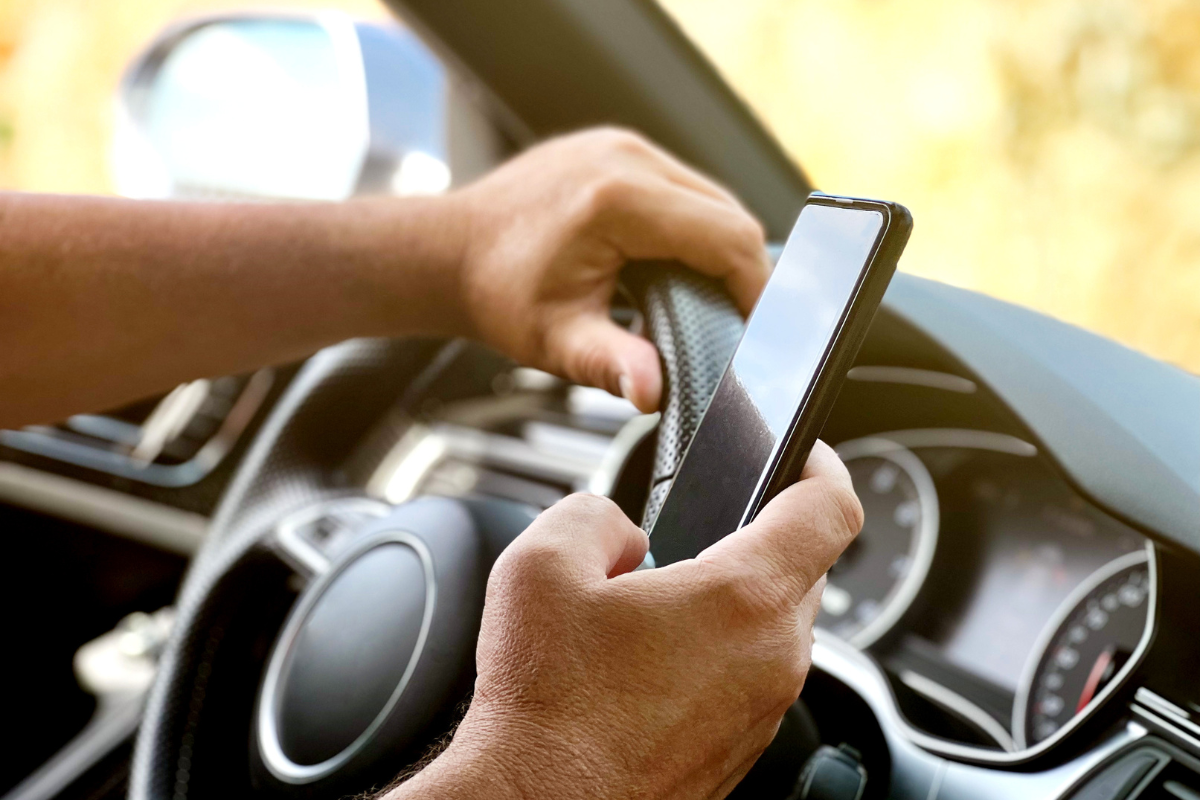
What Is Distracted Driving?
Distracted Driving can be anything that takes a driver’s attention from driving safely. The main distractions fall into three main categories:
- Cognitive – you are thinking about something else and not concentrating on driving.
- Physical – you don’t have your hands on the wheel, your foot near the brake, or you’re trying to eat or drink.
- Visual – your eyes aren’t on the road and the traffic around you. You might be texting, using a navigation system, or checking social media.
How Bad Is It?
- The National Highway Traffic Safety Administration reports that nine people are killed every day in the United States in crashes where the driver was distracted. Distracted driving accidents injure almost 500,000 people in the U.S. every year.
- According to the Wisconsin DOT, distracted driving caused 10,000 crashes last year in Wisconsin.
- Drivers who are 15-20 years old are more likely to be distracted than drivers who are 21 years old and older. Almost 40% of high school students report texting or emailing while driving. Texting or emailing while driving is just as common among students who get As and Bs as those who do not.
What Are The Distracted Driving Laws In Wisconsin?
Texting and driving is illegal in Wisconsin. Wisconsin Statute 346.89 sets out many of the related laws in Wisconsin, including:
- Inattentive driving is prohibited; it includes any activity that interferes with the ability to drive safely
- A ban on cell phone use while driving by probationary license holders
- A hand-held ban for all drivers in work zones, emergency, and roadside response areas
- A texting ban for all drivers
- Visual entertainment devices are prohibited for drivers while driving
What Can You Do To Help Prevent Distracted Driving?
When you’re the driver:
- Don’t multi-task. Take care of adjusting mirrors, picking music, eating, making phone calls, or texting before you start to drive.
- Don’t use your phone while driving. Consider using an app or feature that helps you avoid using your phone while driving, like DriveOff, DriveMode, TextBuster, or Canary.
When you’re the passenger:
- Help the driver with navigation or other tasks that might be distracting.
- Don’t be afraid to tell the driver to pay attention to driving.
What parents can do:
- Set a good example by never driving distracted in front of your teens.
- Talk to your kids about distractions caused while driving and its impact on them, and their friends and family.
- Set consequences for driving distracted
- Show your commitment by taking the Buckle Up Phone Down pledge today on the WisDOT website.
What To Do If You Are A Victim?
If distracted driving has caused injury to you or someone you know, it is important to contact an attorney right away. Collecting key evidence of distracted driving immediately after a crash is necessary. This can include phone data or data from the vehicles involved in the crash. The attorneys at Habush Habush & Rotter SC can guide you through the process of getting through a crash with a distracted driver. When you call us, you’ll speak to one of our experienced lawyers. The call is free and confidential.
Another resource for victims of distracted driving is the National Safety Council’s survivor network, which can be found here. In addition to getting medical treatment for your physical injuries, it is important to attend to your mental health as well following a life-changing car crash.
